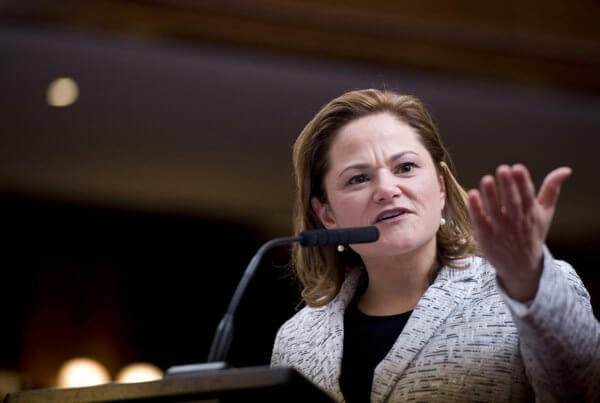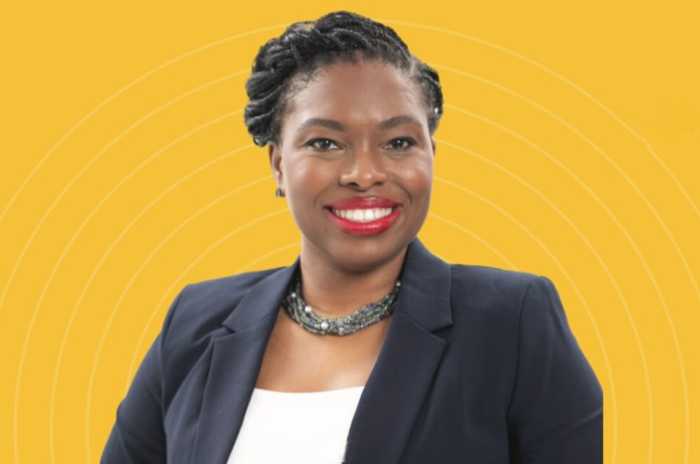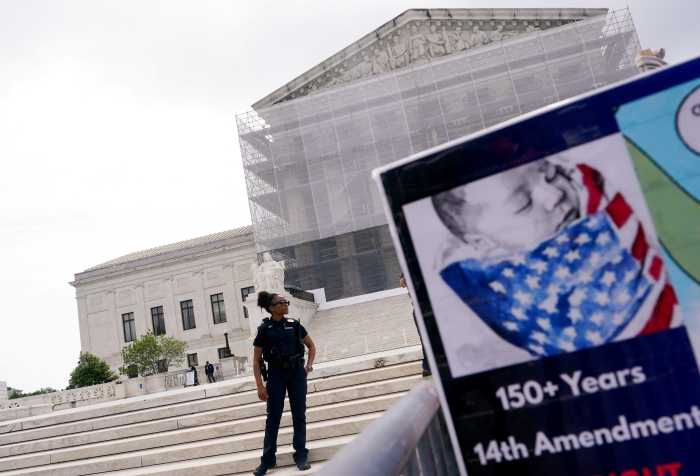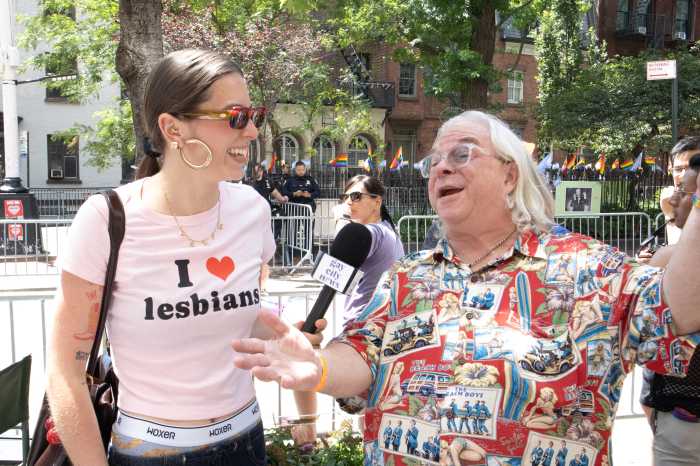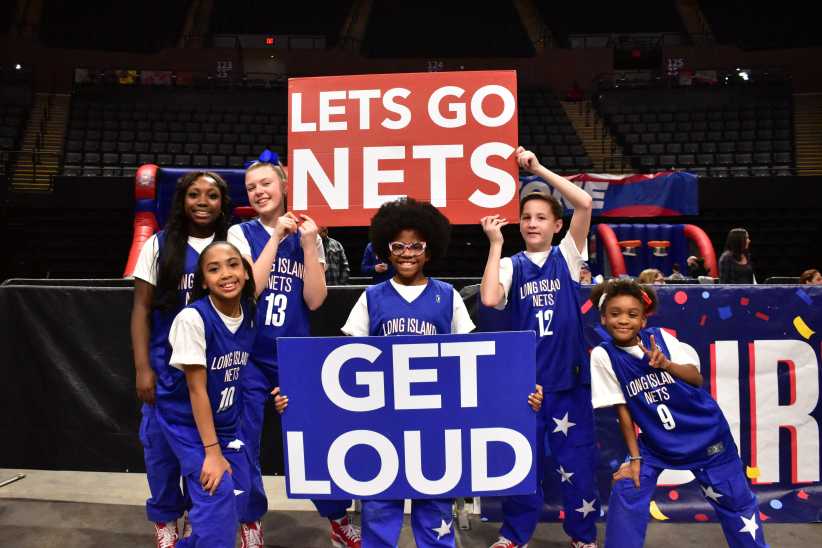By Gina Martinez
A new report from the City Council’s Women’s Caucus revealed that New York City is on track to have fewer than 10 women on the City Council by the end of the 2021 term.
The study, “Not Making It Here: Why Women are underrepresented in New York City Politics,” said that only 26 percent (13 of the 51 seats) in the Council are currently held by women, which lags behind most major cities in the country. This number is set to decrease in the next term since four current councilwomen are leaving due to term limits.
City Council Speaker Melissa Mark-Vivierto (D-Manhattan) launched an initiative “21 in 21” aimed at recruiting more women in politics and having at least 21 women in City Council by the 2021 term. The caucus has already endorsed three women running for City Council in this year’s election.
The City Council’s Women’s Caucus advances women’s rights and promotes the goal of equality in New York City through influences in public policy, education, legislation and advocacy. The non-partisan organization encourages participation of female legislators within the Council and works to promote and pass legislation as well as push and support budget items that will positively affect the everyday lives of women in New York City.
The study said that New York City is not the only local government facing representation issues. According to the study, female representation in government has not improved much since the ’90s and considering women are 50 percent of the U.S. population, representation is vastly disproportional. While female representation in New York City is at 26 percent, the largest 100 cities in the United States average 34 percent, the study said. The leading cities are Phoenix with 50 percent, Seattle with 55 percent and Austin with 70 percent.
The study found more female representation at the local level leads to different outcomes and lives up to the idea of equal and fair representation. Research from the Journal of Politics cited in the study revealed that female legislators have been shown to introduce more legislation directly affecting women, children and families, introduce more overall legislation in general and are better at working across party lines.
The study said the imbalance is caused by a “political ambition gap” and gender roles that cause women to prioritize family as opposed to careers.
According to a CUNY study that found a confidence gap between genders, women are 50 percent less likely to consider themselves ready for office, while men were 65 percent more likely to describe themselves as ready.
Councilwoman Elizabeth Crowley (D-Maspeth), a member of the caucus, said they were trying to level the playing field and push the idea that women can be leaders, too.
“We want to encourage newcomers,” Crowley said. “Women are socialized from a young age to not be political. If they feel they’re ready, they will put their best effort to get elected. Sometimes all they need is a mentor in the Council to show them it’s possible.”
Reach Gina Martinez by e-mail at gmart

